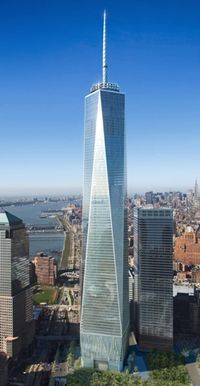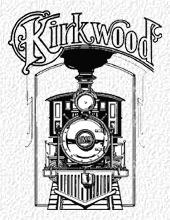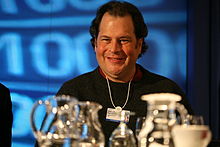
But it's not a rebirth.
It's a reinvention. And it's happening across the country, unobserved and often unremarked upon.
The Downtown Alliance, which advocates for the area, notes that lower Manhattan has added 56,000 residents, calling that a mark of its progress. But that was never the benchmark before.
Since the Second World War, the benchmark for the health of a downtown was the amount of commercial space it had available, and how much of that space was rented. Downtown was the commercial center, the office center, it was where the elite went to work.
But even absent 9-11, that has been changing. Why? Because the engine of a city's growth is no longer its commercial heart. It's no longer about moving money, about financial commerce, about planning. It's about exchanging ideas, about intellectual property.
And, unknown to those who make our policy regarding intellectual property, the nature of that has changed as well. We're used to thinking of it as property, something to be controlled by patent and copyright. It's not. It's the raw material for new discoveries. It's the steel, not the car.

This is transforming other cities besides New York. Atlanta, where I live, is becoming a university park, with the growth of Georgia State University. Los Angeles is becoming a live-work place just like LA. San Francisco, not Silicon Valley, is the model.
The denser you can build, and the more comfortable you can make that density, the more welcoming you can make it, and the safer people feel within it, the more creative people you're going to attract, and the more intellectual property you're going to create.

We are already seeing this in the Atlanta area, if you look at real estate values. In those sections of the urban core deemed "safe" (and that now includes my own neighborhood of Kirkwood, although it didn't 20 years ago) property values are rising. Everywhere else — where there isn't safety, and where there isn't density — they're declining.
This is the real lesson of 9-11. Bet you don't hear much about it this week.










